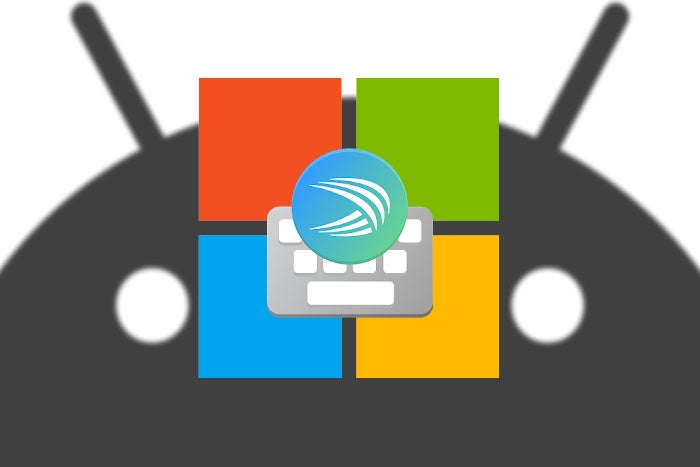
Two and a half years ago, a strange ripple struck the misty waters of the Android ecosystem: Microsoft, a company that had long been a footnote to modern mobile computing, was buying SwiftKey — one of the most popular and seemingly successful keyboards across all of Android (and beyond).From the outside, the announcement seemed to come out of nowhere.
SwiftKey was an Android staple — one of the earliest keyboard success stories on the platform and a popular choice for phone-makers, too — and Microsoft was, well, Microsoft.
The company was still outwardly focused on its own Windows Phone platform, and it even had its own cross-platform keyboard app under active development.
(It formally killed that effort offlast summer.)

 18
18







